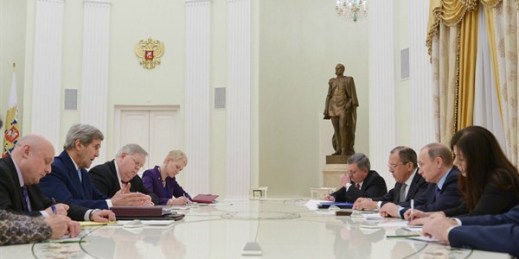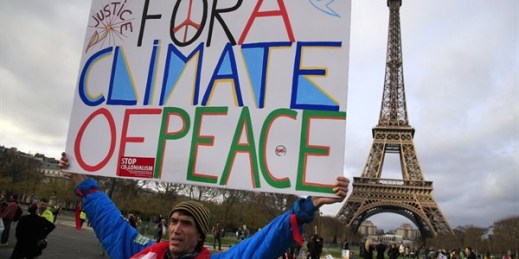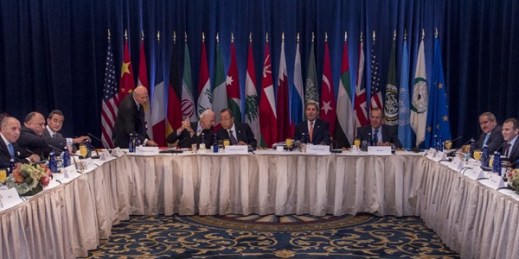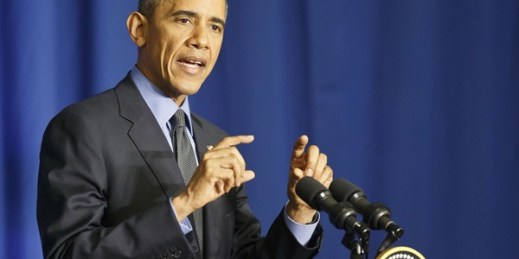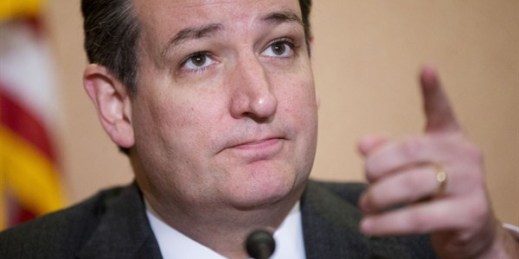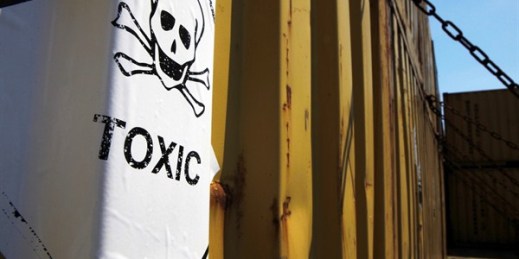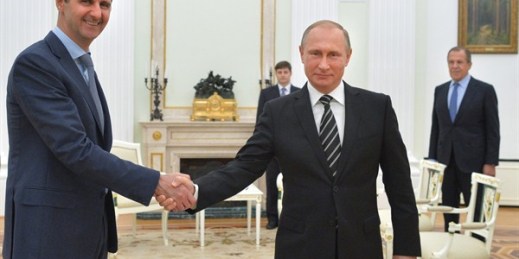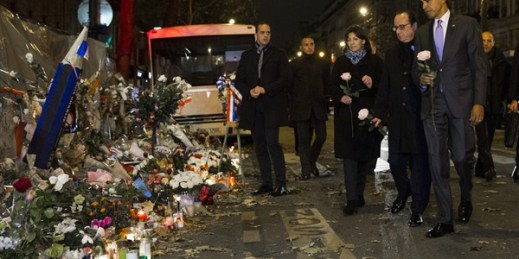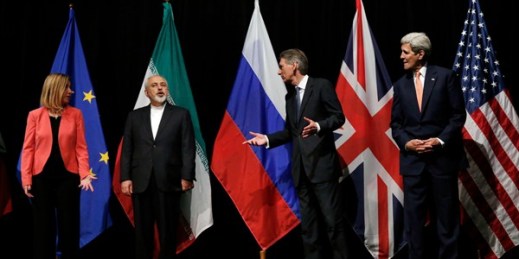
In this week’s Trend Lines podcast, WPR’s Editor-in-Chief Judah Grunstein and host Peter Dörrie discuss the major trends that shaped 2015, a year marked by the re-emergence of borders and national approaches to transnational problems. Listen: Download: MP3Subscribe: iTunes | RSS Trend Lines is produced, edited and hosted by Peter Dörrie, a freelance journalist and analyst focussing on security and resource politics in Africa. He can be followed on Twitter at @peterdoerrie.

